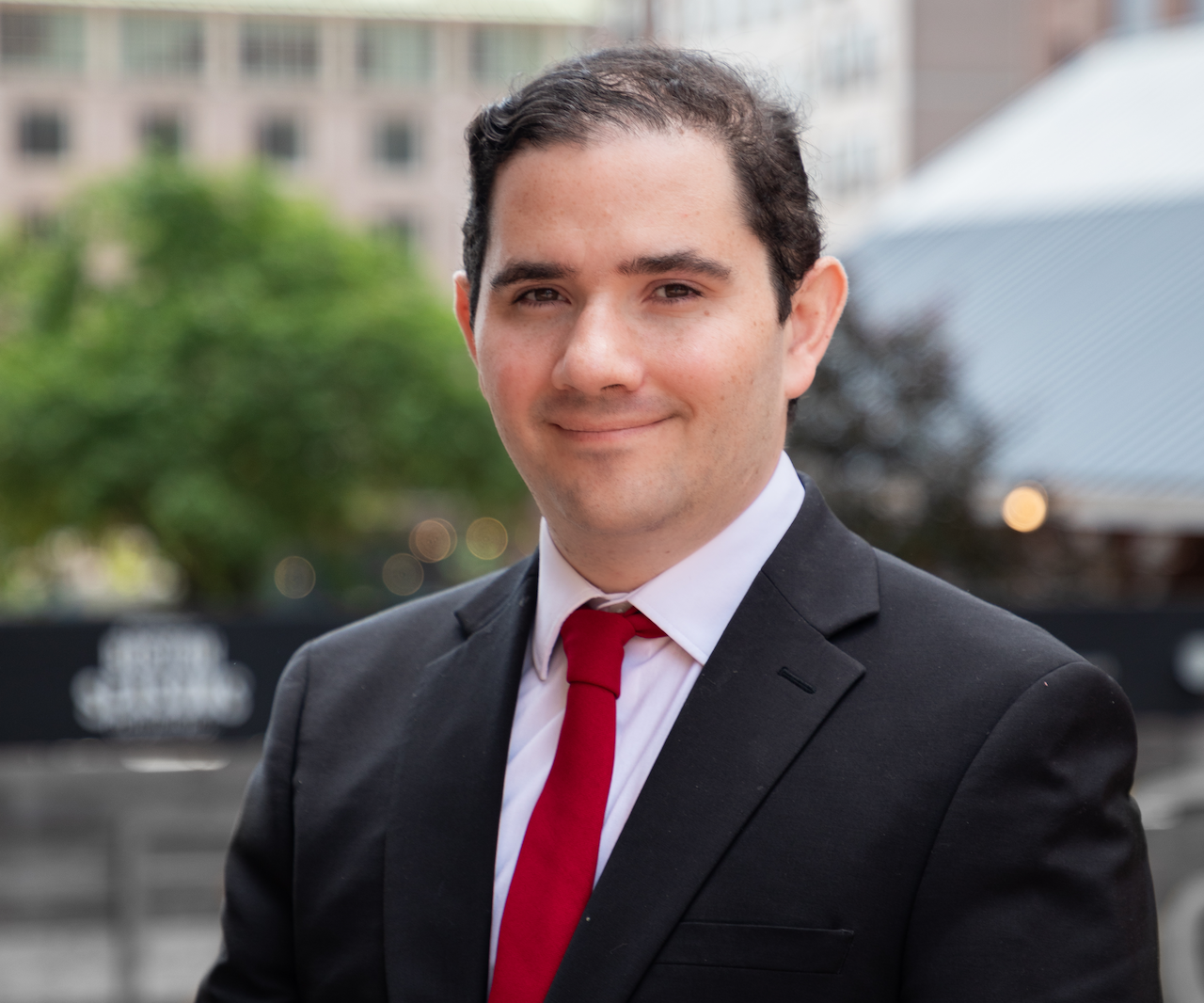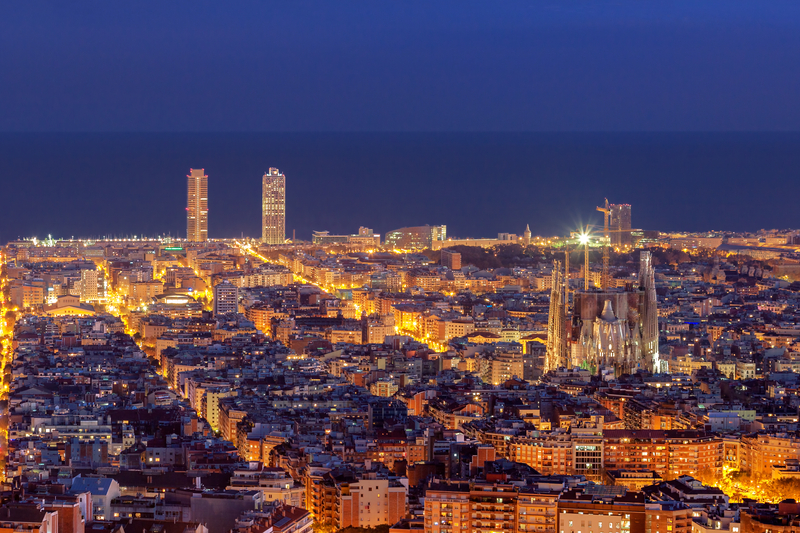
Digital access is a “gatekeeper to basic survival,” says Boston’s CIO
22 April 2025
by Jonathan Andrews
Digital access in Boston is no longer just about streaming speeds or Wi-Fi coverage–it’s about survival. That’s the message from Santiago “Santi” Garces (pictured), Chief Information Officer for the City of Boston, as the city releases findings from its first-ever Digital Equity Survey.
The results show that thousands of residents–particularly in low-income, Latino, senior, and public housing communities–lack reliable internet, devices, or the skills to navigate the digital world. And in a city increasingly reliant on online systems for housing, healthcare, and jobs, these gaps are more than inconvenient–they are systemic barriers.
“The digital divide is not simply a technological problem; it is a symptom of a deeper urban condition,” Garces told Cities Today. “As more essential public services across local, state and federal levels move online… digital access has become a gatekeeper to basic survival.”
The survey, which engaged more than 2,600 residents across all 29 neighbourhoods, confirms what city officials have suspected for years: digital exclusion in Boston follows the same entrenched lines as historical redlining, labour exploitation, and systemic disinvestment.
Redlining was a 20th-century practice where neighbourhoods–often home to people of colour–were marked as risky for investment, leading to long-term underinvestment. Today, those same areas often experience lower internet access and digital literacy.
“In cities like Boston, broadband access increasingly functions as a basic utility–on par with electricity, water and heat–yet remains distributed along the same fault lines as historical patterns of redlining, segregation and labour exploitation,” Garces said. “The digital divide is not just a matter of inconvenience but a compounding variable that reinforces poverty and limits opportunity.”
To address these inequities, the city is launching a multi-pronged Digital Equity Plan focused on internet access, device availability, and digital skills. The city will expand its free public Wi-Fi network (“Wicked Free WiFi”) to community hubs and transit centres, extend municipal fibre (BoNet) to more Boston Housing Authority properties, and grow its short-term hotspot lending programme to fill connectivity gaps.
“This means integrating access into long-term urban development strategies; … leveraging BoNet infrastructure… and expanding hotspot lending as a bridge for residents waiting to qualify for low-cost internet,” said Garces. “By plugging into already existing developments, we can pursue long-lasting and cost-effective initiatives.”
Boston is also scaling up Chromebook and hotspot distribution via the Boston Public Library, refurbishing and redistributing city-owned devices, and working with private partners to increase availability.
“Public-private partnerships allow the city to pursue cost-effective solutions to change lives, in collaboration with local leaders,” Garces said. “The city has already partnered with organisations like Crown Castle to refurbish computers for public usage… In upgrading our fibre network for municipal use–BoNet–the city partnered with Ciena to make one of the fastest networks in the country.”
The Digital Equity Fund, which already supports more than 30 grassroots programmes, will continue to fund digital skills training across Boston’s communities, with a focus on tailored, multilingual outreach.
“Our partners and neighbours are our greatest resource,” said Garces. “Rather than deciding what our community needs on their behalf, we are incorporating their experiences into the solutions we implement.”
With federal funding for broadband access and devices at risk, Garces sees local action as crucial.
“We look to local leaders for new and continued partnership,” he added. “Expanding affordable internet and device access will require us to continue ongoing initiatives and invite new collaborators into our efforts.”
Image: City of Boston











